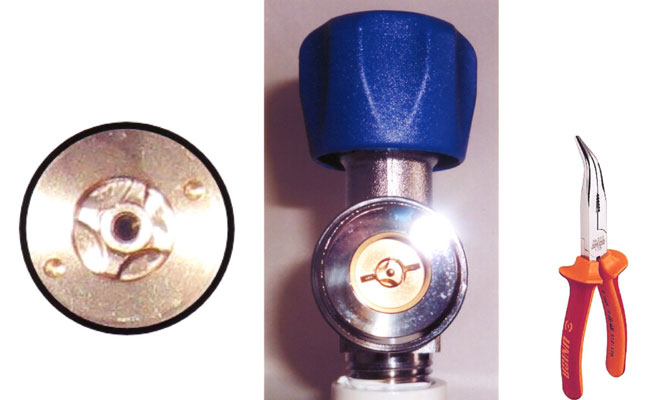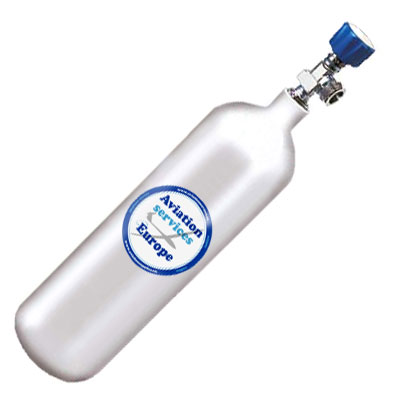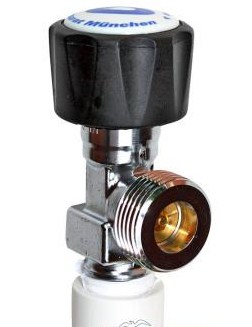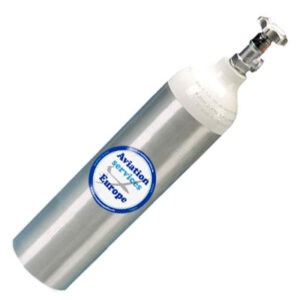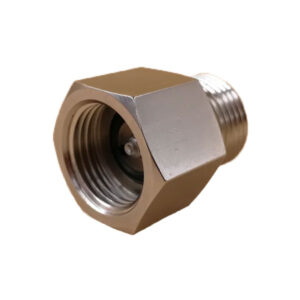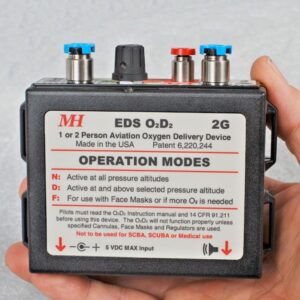Description
Light Steel oxygen cylinder
Specification 1 liter:
- Capacity 200 L
- Pressure 200 bar
- Length 28 cm
- Ø cylinder 82,5 mm
- Ø neck 26 mm
- Empty weight 1,95 kg
- Valve DIN477 Euro-norm
Specification 2 liter:
- Capacity 400 L
- Pressure 200 bar
- Length 35,5 cm
- Ø cylinder 100 mm
- Ø neck 26 mm
- Empty weight 2,9 kg
- Valve DIN477 Euro-norm
Specification 3 liter:
- Capacity 600 L
- Pressure 200 bar
- Length 50 cm
- Ø cylinder 100 mm
- Ø neck 26 mm
- Empty weight 4,0 kg
- Valve DIN477 Euro-norm
Inspection interval 10 years!
THE LENGTH IS MEASURED WITHOUT THE OPENING VALVE (8 CM)
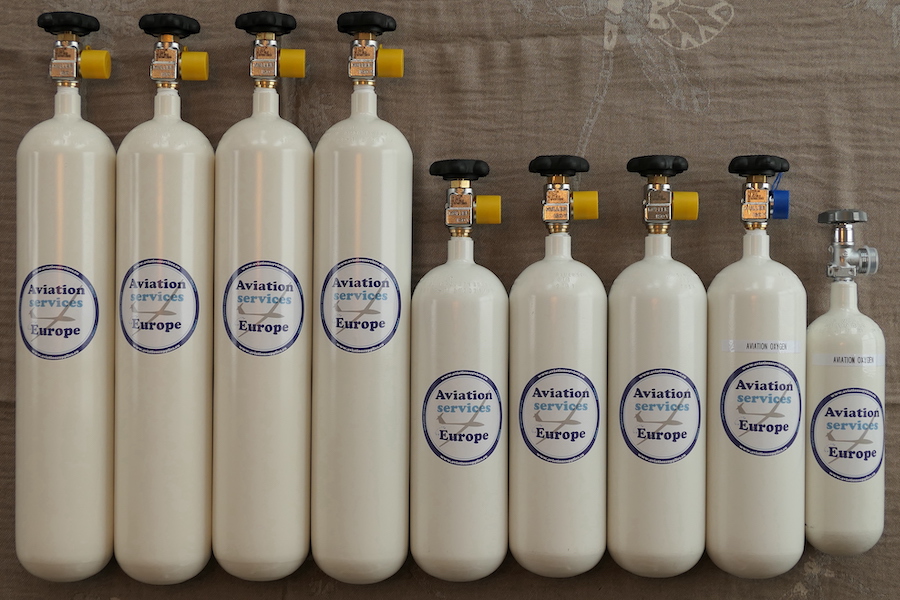
Duration when using the Mountain High EDS-02D1 (one pilot) system with:
- 2 Liter bottle @ 200 Bar @ 15.000 ft 11,8 hours / 18.000 ft 9,2 hours.
- 3 Liter bottle @ 200 Bar @ 15.000 ft 17,5 hours / 18.000 ft 13,8 hours.
Duration when using the Mountain High EDS-02D2 (two pilots) system with:
- 2 Liter bottle @ 200 Bar @ 15.000 ft 5,9 hours / 18.000 ft 4,6 hours.
- 3 Liter bottle @ 200 Bar @ 15.000 ft 8,8 hours / 18.000 ft 6,9 hours.
This cylinder comes with a Residual pressure valve! – Why?
Gas cylinders should not be emptied completely, but with a residual pressure of 2-3 bar returned for (re)filling. This residual pressure makes sure that no moisture or dirt gets into the interior of the oxygen bottle. Compressed gas cylinders are often completely emptied by forgetting to close the cylinder valve. The result is that the conditioning is destroyed by the penetration of (wet) air. The compressed gas cylinder must then undergo a complicated and costly hydrostatic test. Residual pressure valves close when falling below a certain tank pressure (for example, 5-6 bar).
- Professional O2 filling stations usually have the option of filling an O2 cylinder with this residual pressure valve.
- An adapter for the residual pressure valve is available if you want to fill it yourself, or you can remove the residual pressure valve using pliers.
